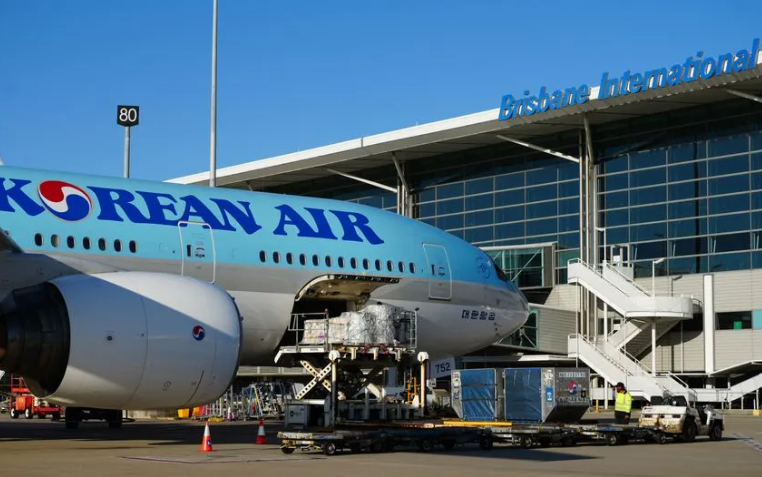Korean Air's first quarter revenue was up 20% year-on-year (YoY) to KRW 3.8 trillion ($2.8bn), which was driven by its strong recovery in passenger traffic and a continued demand for its cargo business. Though, it noted its cargo business revenue had declined slightly by over 4% YoY to KRW 996.9bn ($732.7 million) in the quarter as global air cargo market continues to stabilise globally.
Its operating profit increased 5% YoY to KRW 436.1bn ($323.8 million), despite higher fuel costs, airport and facility charges and labour-related costs. These higher costs no doubt played a hand in its net income dipping slightly at 3% YoY to $256.3 million.
Its passenger business revenue increased 32% YoY to KRW 2.3 trillion ($1.7bn) in the first quarter as the airline continues to recover to almost pre-pandemic 2019 level, with the exception of China. It added that profitability improved through ""timely capacity expansion on Southeast Asia and Japan routes, catering to the strong tourism demand.""
Korean Air said it will focus on route profitability for the second quarter ""amidst the expansion of global capacity and intensified competition"". It added that its cargo business will ""capitalise on the growing e-commerce demand from China by strengthening client partnerships and allocating capacity on key routes"".
Images on social media emerged showing a Korean Air A380, with the registration number of HL7613, being dismantled next to an Asiana Airlines hangar (reported to be at Seoul's Incheon International Airport). The aircraft in question had an age of only just over 13 years.
Korean Air first quarter revenue jumps 20%, cargo business declines

